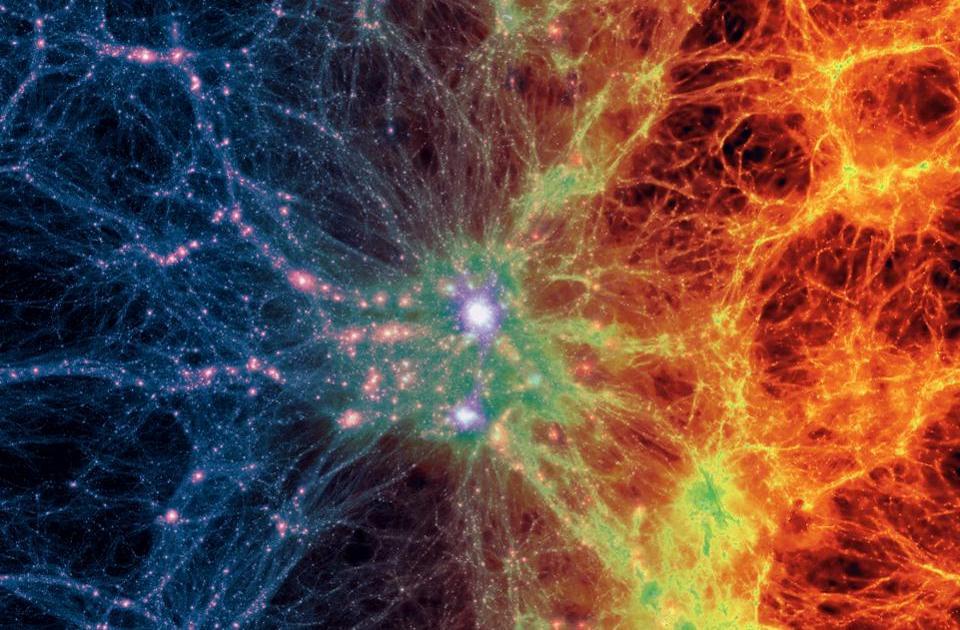A recent gamma-ray burst known as the BOAT — “brightest of all time” — appears to have produced a high-energy particle that shouldn’t exist. For some, dark matter provides the explanation.
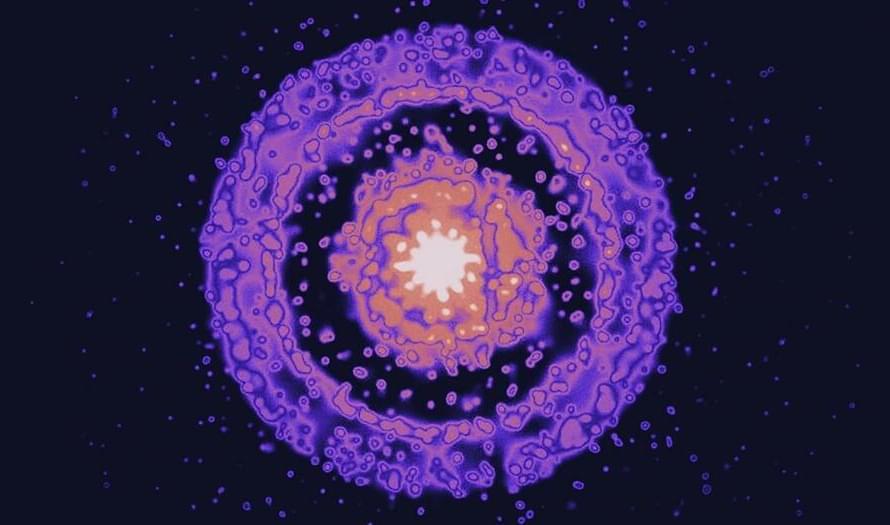

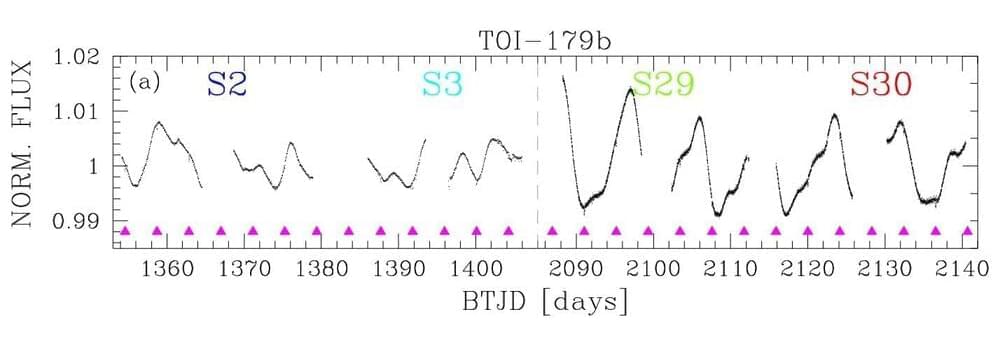
An international team of astronomers reports the detection of a new planetary system by observing a nearby star known as HD 18,599 (or TOI-179). It appears that this star is orbited by a Neptune-mass exoplanet and a massive sub-stellar object. The finding was detailed in a paper published October 14 on the arXiv pre-print server.
TESS is conducting a survey of about 200,000 of the brightest stars near the sun with the aim of searching for transiting exoplanets. So far, it has identified nearly 6,000 candidate exoplanets (TESS Objects of Interest, or TOI), of which 266 have been confirmed so far.
Now, a group of astronomers led by Silvano Desidera of the Astronomical Observatory of Padova, has recently confirmed another TOI monitored by TESS. They report that a transit signal has been identified in the light curve of a bright K-dwarf star—TOI-179 (other designations HD 18,599 and HIP 13754). The planetary nature of this signal was confirmed by follow-up observations using the High Accuracy Radial velocity Planet Searcher (HARPS) and Spectro-Polarimetric High-contrast Exoplanet REsearch (SPHERE) instruments.
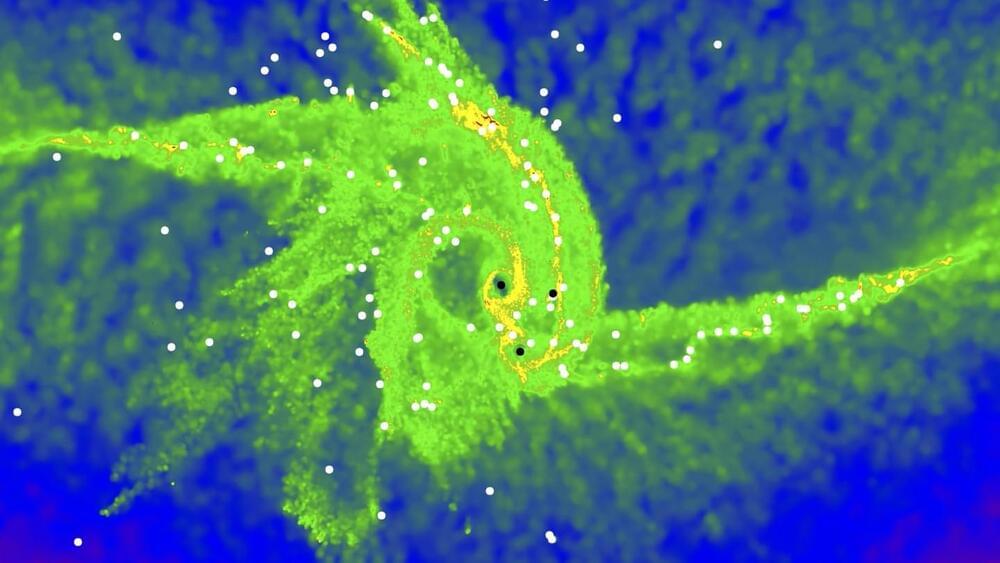
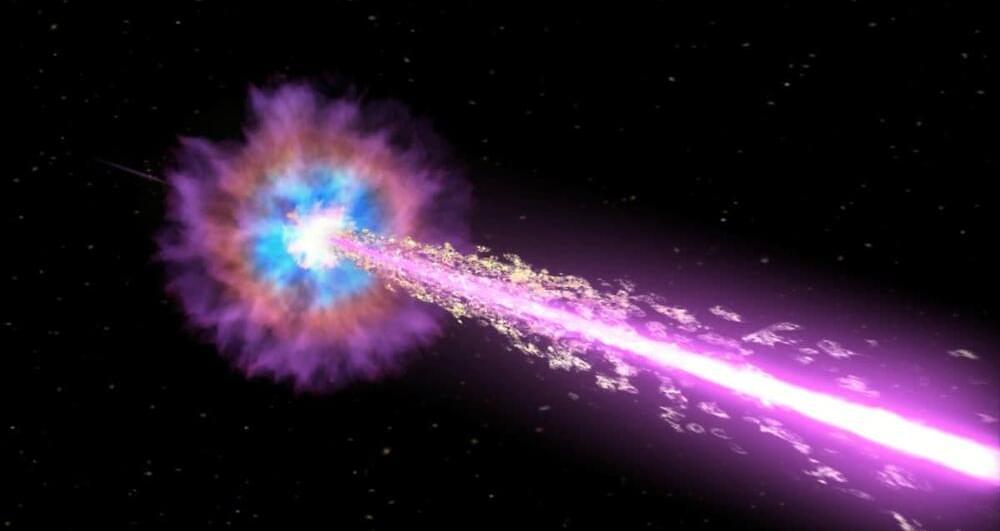

Just in time for Halloween’s spooky season, a quantum sensor now has double the spookiness by combining entanglement between atoms and delocalization of atoms.
Future quantum sensors will be able to provide more precise navigation, explore for needed natural resources, more precisely determine fundamental constants, look more precisely for dark matter, or maybe someday discover gravitational waves thanks to a team of researchers led by Fellow James K. Thompson from the Joint Institute for Laboratory Astrophysics (JILA) and the National Institute of Standards and Technology (NIST).
Thompson and his team have for the first time successfully combined two of the “spookiest” features of quantum mechanics: entanglement between atoms and delocalization of atoms. By doubling down on these “spooky” features, better quantum sensors can be made.
Full Story:
Metamorworks/iStock.
What are these ‘spooky’ features?
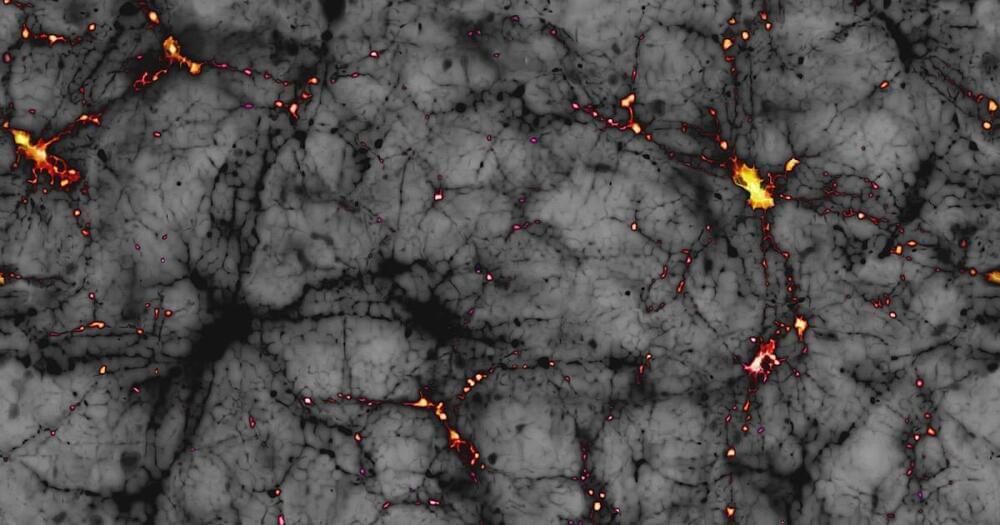
Researchers at the University of Waterloo in Waterloo, Ontario say they’ve captured the first composite image of something that – although astronomers have talked about it for decades – has been hitherto unseen, and in fact undetected. They say it’s an image of dark matter, a connection point in the great cosmic web in which our universe’s billions of galaxies are thought to be embedded. The Royal Astronomical Society, which published the new work in its peer-reviewed Monthly Notices, said in a statement:
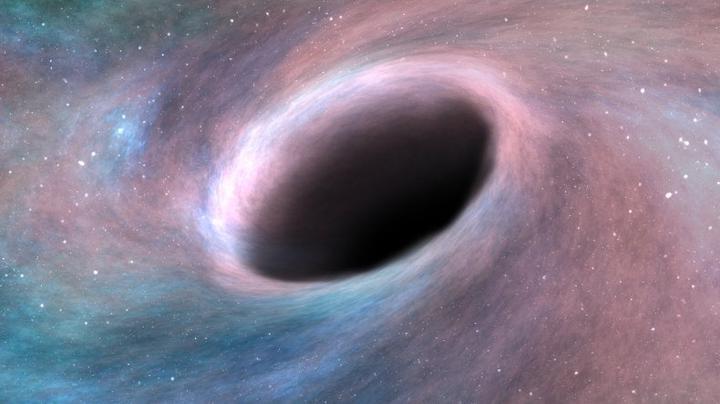
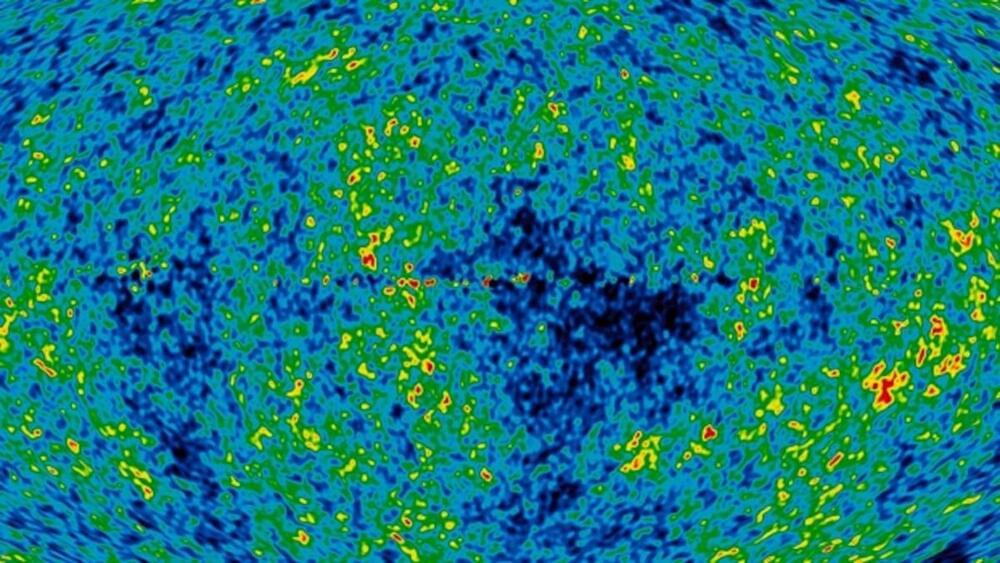
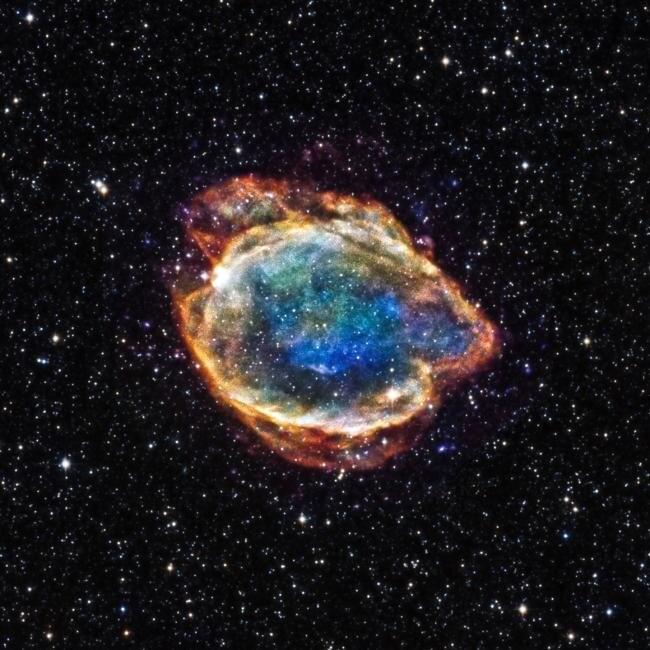
Astrophysicists have performed a powerful new analysis that places the most precise limits yet on the composition and evolution of the universe. With this analysis, dubbed Pantheon+, cosmologists find themselves at a crossroads.
Pantheon+ convincingly finds that the cosmos is composed of about two-thirds dark energy and one-third matter—mostly in the form of dark matter—and is expanding at an accelerating pace over the last several billion years. However, Pantheon+ also cements a major disagreement over the pace of that expansion that has yet to be solved.
By putting prevailing modern cosmological theories, known as the Standard Model of Cosmology, on even firmer evidentiary and statistical footing, Pantheon+ further closes the door on alternative frameworks accounting for dark energy and dark matter. Both are bedrocks of the Standard Model of Cosmology but have yet to be directly detected and rank among the model’s biggest mysteries. Following through on the results of Pantheon+, researchers can now pursue more precise observational tests and hone explanations for the ostensible cosmos.
